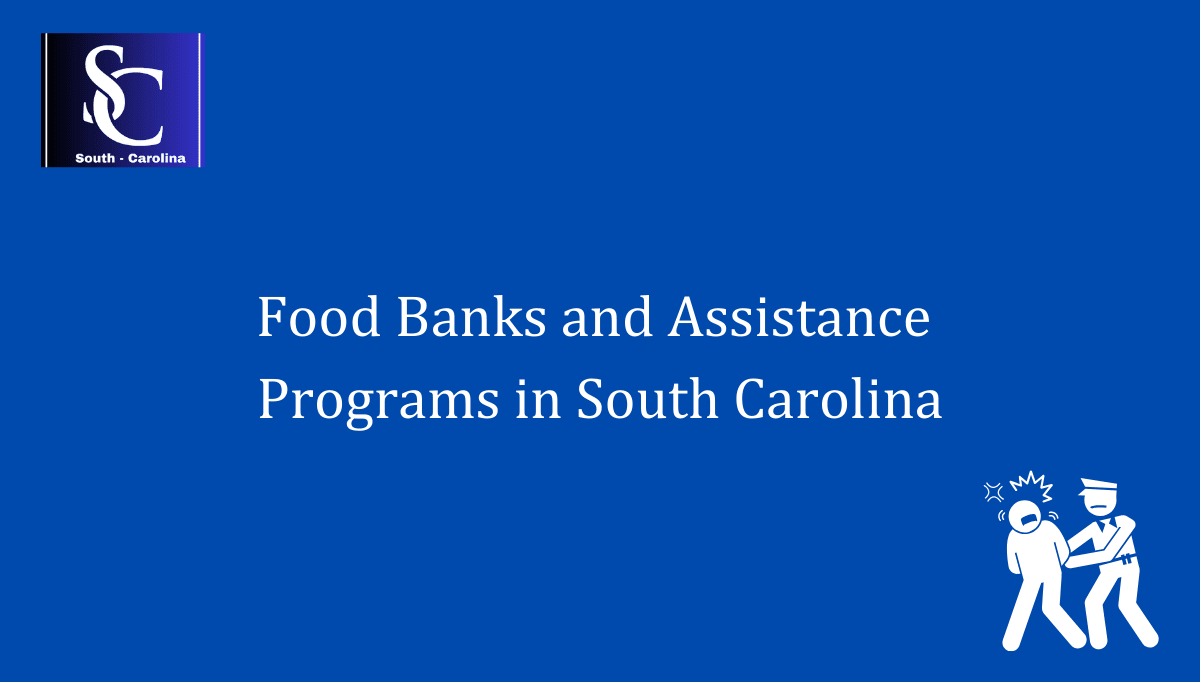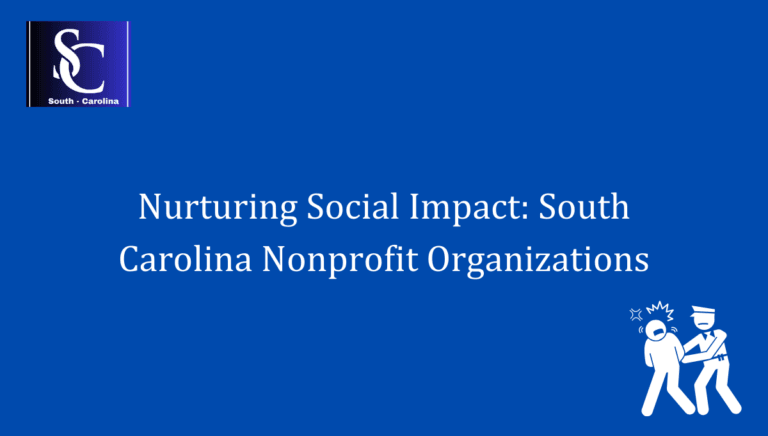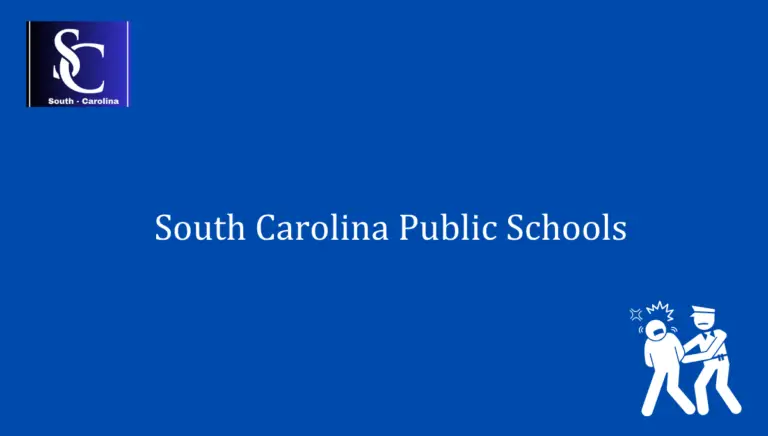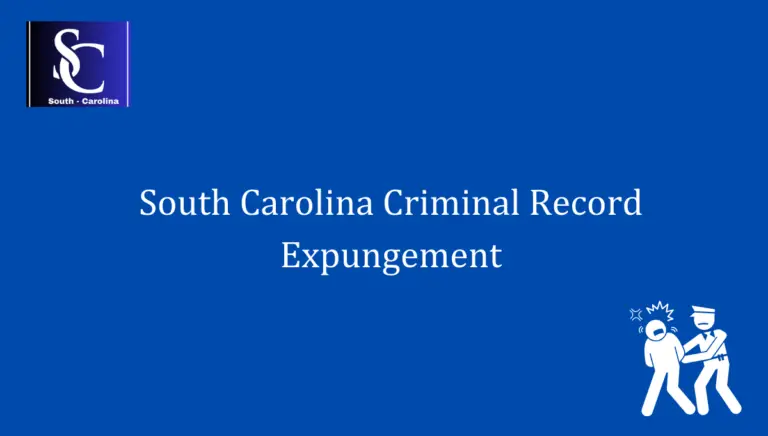Food Banks and Assistance Programs in South Carolina
South Carolina is home to a thriving network of food banks and assistance programs that aim to combat hunger and provide support to those in need. With a dedication to serving the community and a commitment to fighting food insecurity, these organizations play a vital role in ensuring that individuals and families have access to nutritious meals.
Through a variety of initiatives and partnerships, these food banks and assistance programs work tirelessly to collect and distribute food to individuals and families facing hunger. From organizing food drives to collaborating with local farmers and businesses, they strive to make a positive impact on the lives of those in need.
Our Initiatives
At South Carolina’s food banks and assistance programs, we understand the importance of addressing hunger and ensuring access to nutritious meals. That’s why we have developed a range of initiatives to make a positive impact on the lives of individuals and families in need.
Food Drives
One of our primary initiatives is organizing food drives throughout the year. These drives allow us to collect non-perishable food items from generous donors in the community. With the help of volunteers, we sort and distribute the donated food to those facing hunger. By encouraging local businesses, schools, and organizations to participate, we can make a significant difference together.
Collaboration with Local Farmers
We believe in supporting our local farmers and reducing food waste. Through partnerships with farmers, we are able to collect fresh produce that might otherwise go to waste. These partnerships not only provide nutritious options for individuals and families but also support the local economy. By working together, we can ensure that everyone has access to fresh and healthy food.
Supporting Businesses
We understand that businesses also play a crucial role in addressing hunger. That’s why we collaborate with local restaurants, grocery stores, and food suppliers to collect surplus food that is still safe for consumption. By redirecting this food to those in need, we can minimize waste and provide nutritious meals to those who need it most.
Community Gardens
Another initiative we are proud of is our community gardens. These gardens provide a sustainable source of fresh produce for our food banks and assistance programs. With the help of dedicated volunteers, we grow a variety of fruits and vegetables that are then distributed to individuals and families facing hunger. This initiative not only addresses immediate food needs but also promotes self-sufficiency and community engagement.
Education and Outreach
We believe that education and outreach are essential in combating hunger. Our programs provide information on nutrition, meal planning, and cooking skills to individuals and families. By empowering them with knowledge, we aim to break the cycle of food insecurity and promote long-term food security. Through workshops, cooking demonstrations, and resources, we strive to support individuals in making healthy choices for themselves and their families.
Volunteer Opportunities
We rely on the support of dedicated volunteers to carry out our mission. Whether it’s sorting donated food, assisting with food distribution, or helping in our community gardens, there are numerous ways to get involved. By volunteering your time and skills, you can make a direct impact on the lives of those facing hunger. Join us in creating a stronger, healthier community for all.
FAQs
What is a food bank?
A food bank is a non-profit organization that collects, stores, and distributes food to individuals and families in need. They play a crucial role in addressing food insecurity by working with various partners to ensure access to nutritious food.
How do food banks in South Carolina operate?
Food banks in South Carolina operate by partnering with local food pantries, soup kitchens, and other charitable organizations. They receive donations of food from individuals, businesses, and government programs, and then distribute this food to their partner agencies who directly serve the community.
Who is eligible to receive assistance from food banks in South Carolina?
Most food banks in South Carolina serve individuals and families who meet certain income guidelines, although some may have additional criteria. It’s best to contact your local food bank or their partner agencies to determine eligibility requirements.
What types of food are typically provided by food banks?
Food banks aim to provide a variety of nutritious food to those in need. This can include fresh produce, canned goods, grains, dairy products, and proteins. The specific types of food available may vary depending on donations and partnerships.
How can I donate to a food bank in South Carolina?
There are several ways to donate to a food bank in South Carolina. You can donate non-perishable food items directly to the food bank or their partner agencies. Additionally, many food banks accept monetary donations, which they can use to purchase food in bulk at discounted prices.
How can I volunteer at a food bank in South Carolina?
If you’re interested in volunteering at a food bank in South Carolina, you can reach out to the food bank directly to inquire about volunteer opportunities. They often have various roles available, such as sorting and packing food, assisting with distribution, or helping with administrative tasks.







